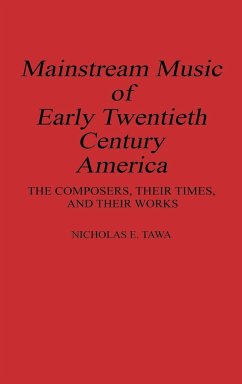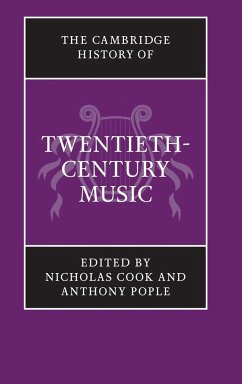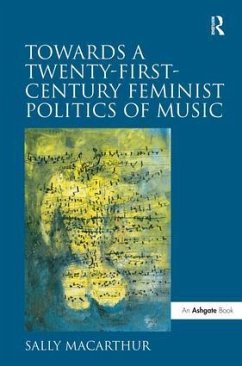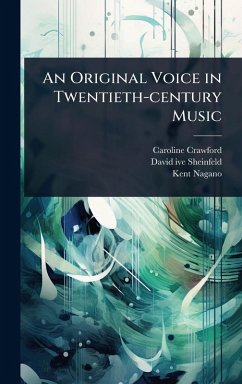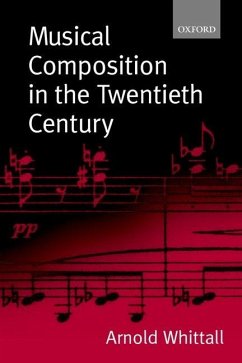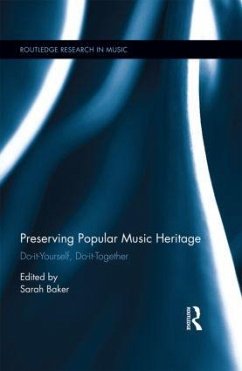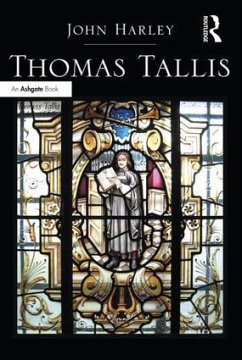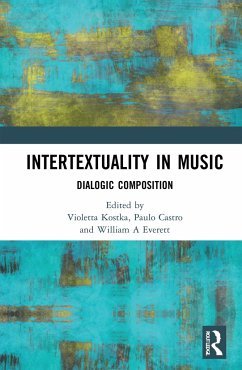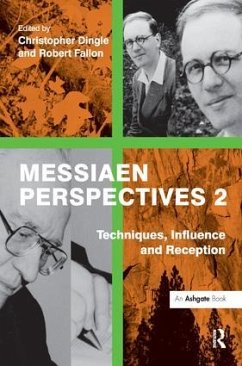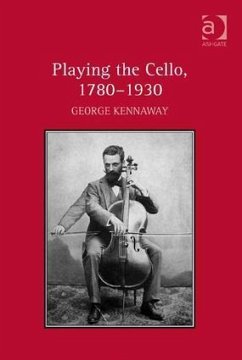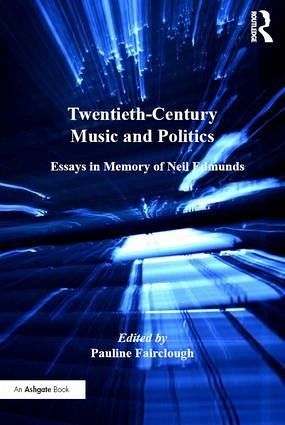
Twentieth-Century Music and Politics
Essays in Memory of Neil Edmunds
Herausgeber: Fairclough, Pauline
Versandkostenfrei!
Versandfertig in 1-2 Wochen
186,99 €
inkl. MwSt.

PAYBACK Punkte
93 °P sammeln!
When considering the role music played in the major totalitarian regimes of the century it is music's usefulness as propaganda that leaps first to mind. But as a number of the chapters in this volume demonstrate, there is a complex relationship both between art music and politicised mass culture, and between entertainment and propaganda. Nationality, self/other, power and ideology are the dominant themes of this book, whilst key topics include: music in totalitarian regimes; music as propaganda; music and national identity; émigré communities and composers; music's role in shaping identities...
When considering the role music played in the major totalitarian regimes of the century it is music's usefulness as propaganda that leaps first to mind. But as a number of the chapters in this volume demonstrate, there is a complex relationship both between art music and politicised mass culture, and between entertainment and propaganda. Nationality, self/other, power and ideology are the dominant themes of this book, whilst key topics include: music in totalitarian regimes; music as propaganda; music and national identity; émigré communities and composers; music's role in shaping identities of 'self' and 'other' and music as both resistance to and instrument of oppression. Taking the contributions together it becomes clear that shared experiences such as war, dictatorship, colonialism, exile and emigration produced different, yet clearly inter-related musical consequences.



